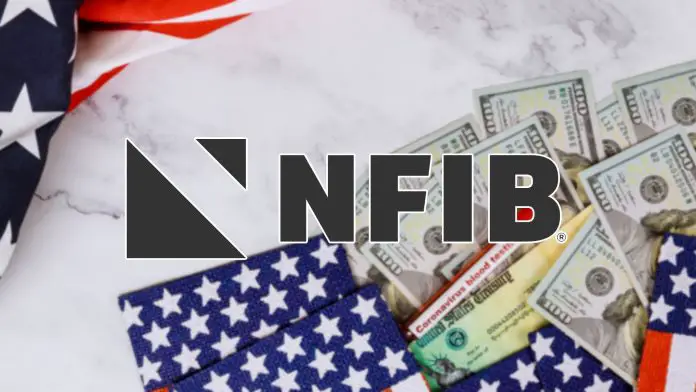Two individuals were recently sentenced for their involvement in COVID-19 relief fraud, highlighting a significant issue that small business owners should be aware of as they navigate the complexities of federal assistance programs. David Kurt Schneider from Kennewick, Washington, received a 12-month prison sentence, while Kelly Jo Driver, from South Carolina, was sentenced to five years of probation, along with restitution payments totaling $121,762. This case serves as a cautionary tale on both the critical nature of pandemic relief funds and the importance of ethical financial conduct.
According to Acting U.S. Attorney Richard R. Barker, both Schneider and Driver submitted fraudulent applications for COVID-19 relief funding through programs like the Paycheck Protection Program (PPP) and the Economic Injury Disaster Loan (EIDL). Together with a co-defendant, Leif Gerald Larsen, they fraudulently acquired nearly $300,000 intended for small businesses struggling during an unprecedented crisis. Schneider and Driver crafted fake payroll and tax documents supporting their loan applications, with Driver receiving a 10% cut of the funds disbursed.
The CARES Act, signed on March 27, 2020, introduced these financial support mechanisms to help small businesses mitigate economic fallout due to the pandemic. The PPP was particularly beneficial, offering government-backed loans that could be converted to grants if used for payroll and eligible expenses. Similarly, the EIDL program offered low-interest loans designed to keep businesses afloat during the challenging economic climate. These programs have collectively provided billions in aid, crucially benefiting many legitimate enterprises.
While such programs have been essential, the case highlights a darker side: the potential for fraud. Schneider, Driver, and Larsen submitted multiple fraudulent applications, seeking an additional $560,000 beyond what they obtained. “Pandemic relief programs were created to support workers, small businesses, and communities struggling through an unprecedented crisis – not to enrich fraudsters,” noted Barker. The sheer volume of funding provided can create opportunities for exploiters, which is a reality that small business owners must grapple with.
Key Takeaways for Small Business Owners
-
Ethics Matter: Maintaining ethical standards in financial dealings is crucial. The ramifications of engaging in fraudulent behavior can be severe, not only legally but also reputationally.
-
Fraud Awareness: Small businesses should be vigilant in protecting themselves from potential fraud, either as victims or inadvertent participants. Understanding the rules and regulations surrounding relief funds can mitigate risks.
- Regulatory Oversight: With law enforcement agencies actively investigating fraudulent activities related to pandemic relief, small businesses must remain compliant with guidelines to avoid scrutiny.
Tim Larson of the SBA Office of Inspector General emphasized the commitment to holding accountable those who exploit the programs designed to aid small businesses. “SBA OIG continues to prioritize fraud investigations involving pandemic-era programs,” he said. This vigilance is important for maintaining the integrity of federal relief efforts, ensuring that funds are utilized for their intended purpose.
Although Schneider, Driver, and Larsen attempted to divert funds during a time when many businesses were struggling to survive, their actions have prompted renewed scrutiny of relief programs. The Eastern District of Washington’s COVID-19 Fraud Strike Force, alongside the FBI and the SBA OIG, has been actively monitoring activities to safeguard taxpayer dollars.
Small business owners should recognize the importance of these federal programs, not just for their operations but also in setting a precedent for ethical financial practices. The responsibility for guarding against fraud lies not only with regulatory agencies but also with the business owners who apply for these essential funds.
As the situation continues to evolve, understanding the balance between leveraging available resources and maintaining ethical standards becomes increasingly vital. Awareness of challenges like fraud, combined with prudent financial management, can empower small businesses to navigate these tumultuous waters successfully.
For further information on this case, visit the original U.S. Department of Justice press release here.
Image Via Envato: photovs



